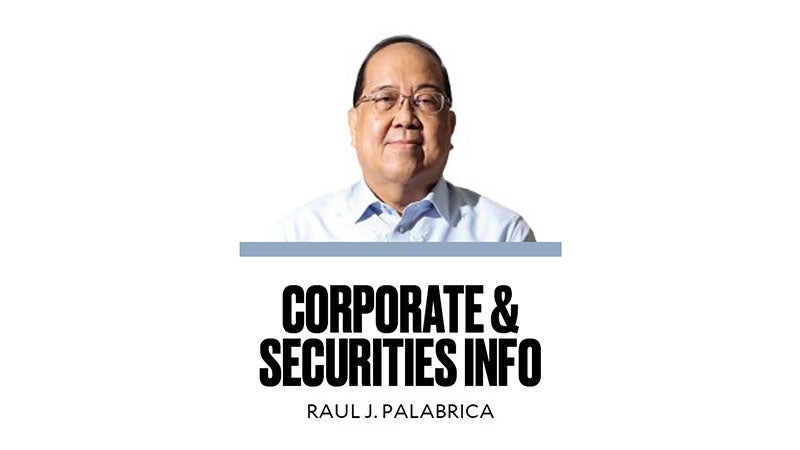Conflict of business interests

The ground under the Philippine banking community today continues to move.
In August 2022, Union Bank of the Philippines acquired the consumer business of Citibank in the Philippines. That acquisition was considered a feat because Unionbank bested the bids of bigger local banks.
With the operational aspects of the buyout already completed, Unionbank announced recently that it would take over Citibank’s accounts and various functionalities starting March 26.
That action would formally put an end to Citibank’s decades-old presence in the country that started in 1902.
On Jan. 1, 2024, the merger of Ayala-owned Bank of the Philippine Islands (BPI) and the Gokongwei family’s Robinson Bank became effective, with BPI as the surviving entity.
Under the terms of the merger, the Gokongweis shall be entitled to a seat in BPI’s board of directors.
Last week, BPI said it had sold its 15-percent stockholdings in Gokongwei-backed GoTyme Bank Corp. to two of the latter’s stockholders for P904.4 million.
If it did not divest those shares, BPI would continue to be entitled to a seat in GoTyme’s board and therefore have full access to the latter’s plans and programs.
In terms of business relationship, that seat in GoTyme’s board should not pose a problem considering the partnership the Ayalas and Gokongweis had forged in BPI.
Although legally, BPI was not obliged to sell its shares in GoTyme, it opted to do so for ethical reasons.
In its disclosure to the Philippine Stock Exchange, BPI said: “The sale was intended to address any potential conflict of interest created by the significant overlap in and similarity of product offerings of GoTyme Bank and BPI.”
Note that GoTyme is primarily engaged in digital banking, while BPI is a brick and mortar bank that does banking the traditional way and through modern financial technology.
The divestment would avoid possible adverse impression that may arise in case, for example, BPI comes up with apps or digital-related banking processes similar to those of GoTyme.
A conflict of interest may exist “when two or more contradictory interests relate to an activity by an individual or an institution. The conflict lies in the situation, not in any behavior or lack of behavior of the individual.”
BPI’s action brings to mind the fiduciary responsibility that members of board of directors owe to the corporation and its stockholders upon their election or appointment to that position.Directors (and in the case of nonstock corporations, trustees) are obliged and expected to render utmost loyalty to the corporation and to act in its best interests at all times.
The rule of thumb in situations where a director’s personal interests may conflict with those of the corporation, is for him or her to disclose them early on so the rest of the directors can decide whether or not to include him or her in the discussion, or, better still, for that director to voluntarily offer not to participate in it.
The Supreme Court had earlier ruled that “a director holding as he does a position of trust is a fiduciary of the corporation. As such, in case of conflict of his interest with those of the corporation, he cannot sacrifice the latter without incurring liability for his disloyal act.
“The fiduciary duty has many ramifications and the possible conflict-of-interest situations are almost limitless, each possibility posing different problems.”
Although that conflict has to be factually proven before it can be considered as such, that requirement assumes a lesser measure in the banking industry where the mere suggestion or insinuation of the existence of that conflict could impair public confidence in the affected bank. More than their assets, the bedrock of banks is their reputation for integrity.
Whether or not other banks that may find themselves in potential conflicts of interest would take a leaf from BPI remains to be seen. But, no doubt, it is worth emulating. INQ
















